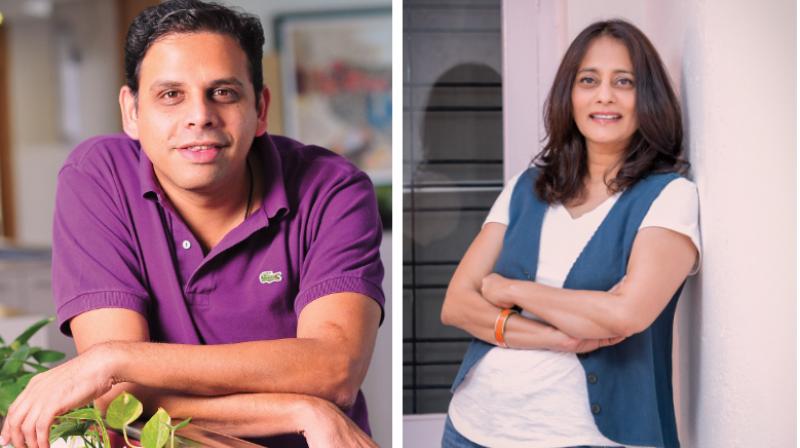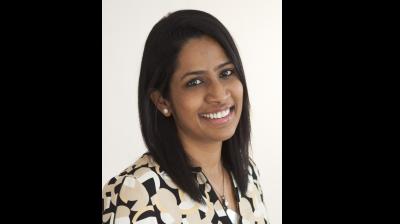As award juries are looking to add diversity - gender, race and geography among others - Manifest explores whether award organisers should aim to get the best jurors rather than meet those goals.
Arun Iyer, founder, Spring Marketing Capital and Anusha Shetty, chairperson and group CEO, Grey India, debate on the topic.
Should award shows aim for diversity goals in the jury or simply look to pick the best jurors?
Anusha Shetty (AS): I have never played the ‘woman’ card. I always did my best and got rewarded for the same. With this personally, I will always say ‘pick the best jurors’ and trust me you will find women among them. Don’t go to the same people as jurors because you know them and it’s convenient. I suggest award shows need to work on the list every year to find people who did good work in the last year. One will be surprised to see many women on those lists. And diversity will fall into place.
Arun Iyer (AI): The focus is always to pick among the best jurors that are available. Some of this is important to the industry because when one sees enough representation, it inspires people to believe that they can also grow into a role like that. It’s a bit like any sport one follows, heroes are needed so that people take a keen interest. There would be a similar parallel here because one needs to see enough people who are deeply respected and who a lot of people look up to. And if there’s an emphasis on representation it is a good thing.
What’s your take on the jurors for award shows, both internationally and in India? Are they of repute?
AS: Talking about people is not my style. My suggestion is find fresh names, faces and titles. We need fresh perspectives always. They are at the workplace and they should reflect as a juror too. It will be nice to mix the mature and experienced with fresh talented people. This may have a lovely formula.
AI: I can only talk about the few juries that I have been a part of. I was part of Kyoorius last year and it was a very good jury with very good conversations. I have been a juror at the Cannes Lions International Festival of Creativity and I have seen how it operates. There is a lot of emphasis on representation and I think it’s a very good thing.
Do you look at the jury before entering an awards show?
AS: There are so many award shows today and looking at the jury list becomes important if the award show is not in the traditional ‘top three’. One wants to make sure the award is serious, and the jury is a reflection.
AI: I have stayed away from awards. Winning an award becomes an addiction more than creating brands. But that’s a separate conversation. If an award show manages to put together a respected enough jury, it gets credibility and respect. It’s also a matter of consistency. It’s not about just having a great jury for one year and then you don’t put together a good enough jury. People also say yes to juries when they are highly respected. I think it’s a little bit of a chicken-and-egg situation as well.
Given the number of award shows around the country and globally, do you think winning at one award show could influence judges to award the campaign at another award show too?
AS: Good work speaks. Winning at award shows may influence but I am a believer that a good jury does the right thing. They see the work, the result, brand relevance, newness in an idea and much more. This comes back to the question of picking the best jurors. Award shows have to create new lists every year.
AI: I have seen that a lot because what ends up happening is an overhang that another jury has recognised, so there must be something in this. It does create a skew in the mind of the juror and I think it’s natural that happens.
This article first appeared in the September issue of Manifest. Get your copy here.












